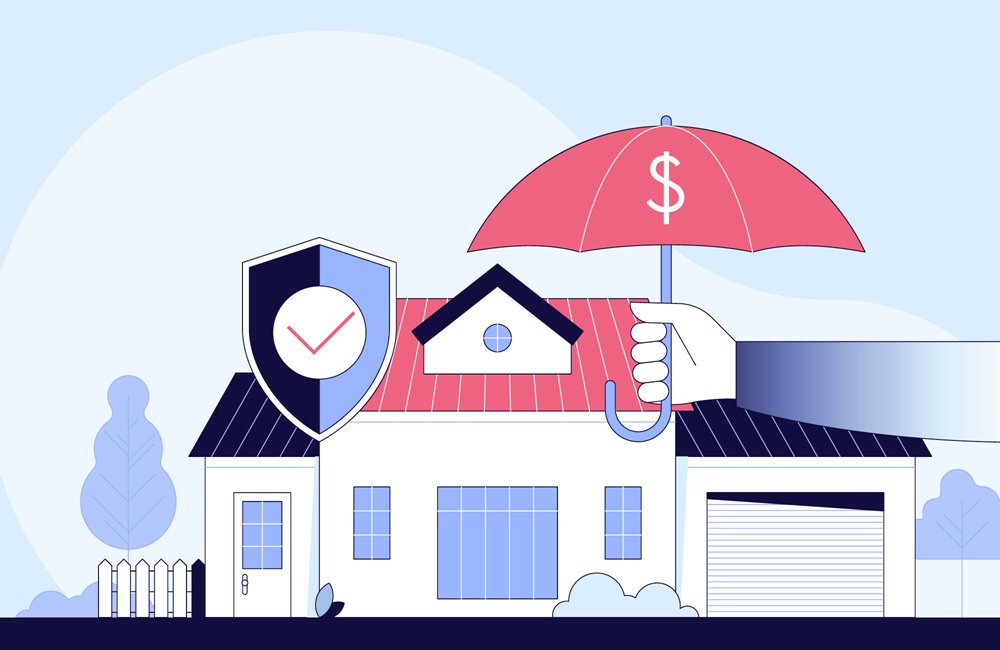
Understanding Mortgage Insurance: A Guide for First-time Homebuyers
Purchasing your first home is an exciting milestone, but it can also be a complex process. One aspect that often confuses first-time homebuyers is mortgage insurance. In this article, I will demystify mortgage insurance, explain its purpose, and provide insights to help you make informed decisions when navigating the homebuying journey.
What is Mortgage Insurance?
Mortgage insurance is a type of insurance that protects lenders against losses in case a borrower defaults on their mortgage payments. It is typically required for homebuyers who make a down payment of less than 20% of the home's purchase price. Mortgage insurance provides an added layer of security for lenders, allowing them to offer loans to buyers with lower down payments.
Types of Mortgage Insurance:
There are two main types of mortgage insurance: Private Mortgage Insurance (PMI) and government-backed mortgage insurance programs, such as the Federal Housing Administration (FHA) Mortgage Insurance and the U.S. Department of Veterans Affairs (VA) Loan Guarantee.
Mortgage insurance allows lenders to take on more risk, which in turn expands homeownership opportunities for buyers who may not have a large down payment saved.
Here are some key benefits:
This article was written by Chris Bufis (NMLS#1405934) with RW Towne Mortgage.
What is Mortgage Insurance?
Mortgage insurance is a type of insurance that protects lenders against losses in case a borrower defaults on their mortgage payments. It is typically required for homebuyers who make a down payment of less than 20% of the home's purchase price. Mortgage insurance provides an added layer of security for lenders, allowing them to offer loans to buyers with lower down payments.
Types of Mortgage Insurance:
There are two main types of mortgage insurance: Private Mortgage Insurance (PMI) and government-backed mortgage insurance programs, such as the Federal Housing Administration (FHA) Mortgage Insurance and the U.S. Department of Veterans Affairs (VA) Loan Guarantee.
- Private Mortgage Insurance (PMI): PMI is provided by private insurance companies and is generally required for conventional loans. It protects the lender if the borrower defaults on the mortgage. PMI premiums are typically added to the monthly mortgage payment until the borrower's loan-to-value (LTV) ratio reaches 78% or less.
- Government-Backed Mortgage Insurance:
- FHA Mortgage Insurance: The Federal Housing Administration offers mortgage insurance for loans issued by FHA-approved lenders. This insurance protects the lender in case of default and allows borrowers to qualify for loans with lower down payments and credit scores than conventional loans. FHA mortgage insurance premiums are paid both upfront and as part of the monthly mortgage payment.
- VA Loan Guarantee: The U.S. Department of Veterans Affairs provides a loan guarantee for eligible veterans, active-duty service members, and some surviving spouses. This guarantee eliminates the need for mortgage insurance or PMI, making VA loans an attractive option for those who qualify.
Mortgage insurance allows lenders to take on more risk, which in turn expands homeownership opportunities for buyers who may not have a large down payment saved.
Here are some key benefits:
- Lower Down Payment: Mortgage insurance enables qualified buyers to purchase a home with a down payment as low as 3% to 3.5% (for conventional and FHA loans, respectively), instead of the traditional 20% down payment.
- Access to Financing: Mortgage insurance programs help borrowers who may have limited savings or lower credit scores qualify for home loans.
- Competitive Interest Rates: By mitigating the lender's risk, mortgage insurance could help borrowers secure more favorable interest rates.
This article was written by Chris Bufis (NMLS#1405934) with RW Towne Mortgage.
